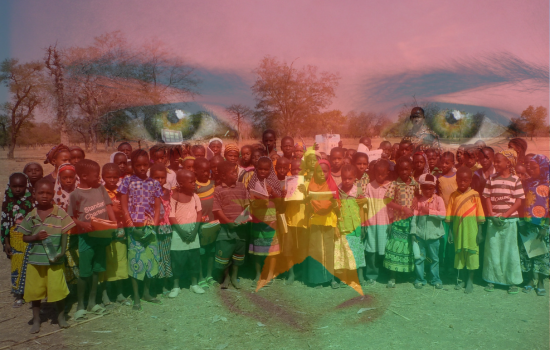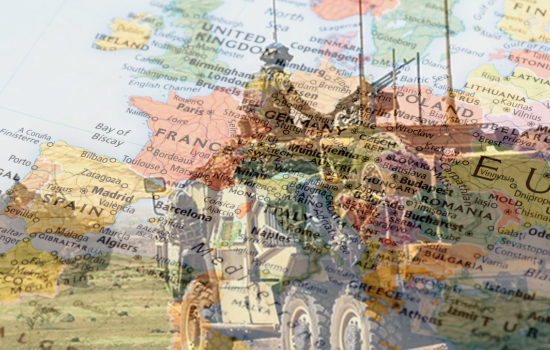Kenya: So Much for Democracy
The December 27th elections in Kenya were meant to be an opportunity to strengthen stability and democracy in the country. However, due to the election results in which President Mwai Kibaki won a second 5-year term (he received 4,584,721 votes to Odinga: 4,352,993, with Kalonzo Musyoka winning a paltry 879,903) major demonstrations have taken place across the country as opposition forces took to the streets against what they claim as a “stolen election.” A claim supported by European Union election observers who declared serious doubts over the election results, due to clear evidence of ballot box tampering. So far, the death toll is in the hundreds, with police operating on a shoot to kill basis in some areas and the government cutting television transmissions in an attempt to curb the spreading unrest.
The protests that have now descended into mass looting have placed Kenya in a precarious situation with three immediate implications: First, the turmoil and violence undermines Kenya’s billion dollar tourism industry. After all who would want to travel to a country that is in the midst of civil and political upheaval? Second, a chaotic Kenya threatens stability within a fragile region already teetering due to Ethiopian occupation of Somalia, tensions along the Ethiopia-Eritrea border and genocide in Darfur. Third, a turbulent Kenya may encourage Islamic terrorism which has already struck in Kenya in an attempt to gain a foothold in a country that is closely allied with the West.
A key feature in the election was the issue of corruption which Kenyan politicians are notorious for, and which may explain why at least one-third of Kibaki’s ministers failed to get re-elected. The position of Raila Odinga, Kibaki’s main opponent, was that he will deal with corruption and end the dominance of the Kikuyus ethnic group in Kenyan society. However, Odinga, like Kibaki, is one of the wealthiest men in Kenya. And yet, most of his supporters in Nairobi come from the 1 million inhabitants of the Kibera slum. Second, he comes from the Luo ethnic group which feels that it has been neglected under Kibaki (who comes from the Kikuyu). A more cynical outlook at the reason behind Odinga’s presidential aspiration is that during the 2002 elections, Odinga agreed to support Kibaki on the understanding that Kibaki would not seek a second term. This has made defeat for Odinga, putting aside the allegations of electoral fraud, even harder to accept.
Civil unrest in Kenya appears likely to increase as the opposition rejects Kibaki’s rule, with a major rally being planned for next week in Nairobi. The aim appears to be demands for Kibaki to give way to Odinga, who is believed to have actually won the election. An interesting issue is that over the last few years Kenya has experienced social, economic and political development which is being undermined as Kenya slides toward lawlessness, painfully familiar in the African continent. As the fight for electoral justice continues, other opposition groups within the region may follow suit towards their own governments, especially if they see Kenyan opposition making headway. With intra-national conflicts prevalent in the region, Kenya could likely be the ignition for further regional bloodshed.






